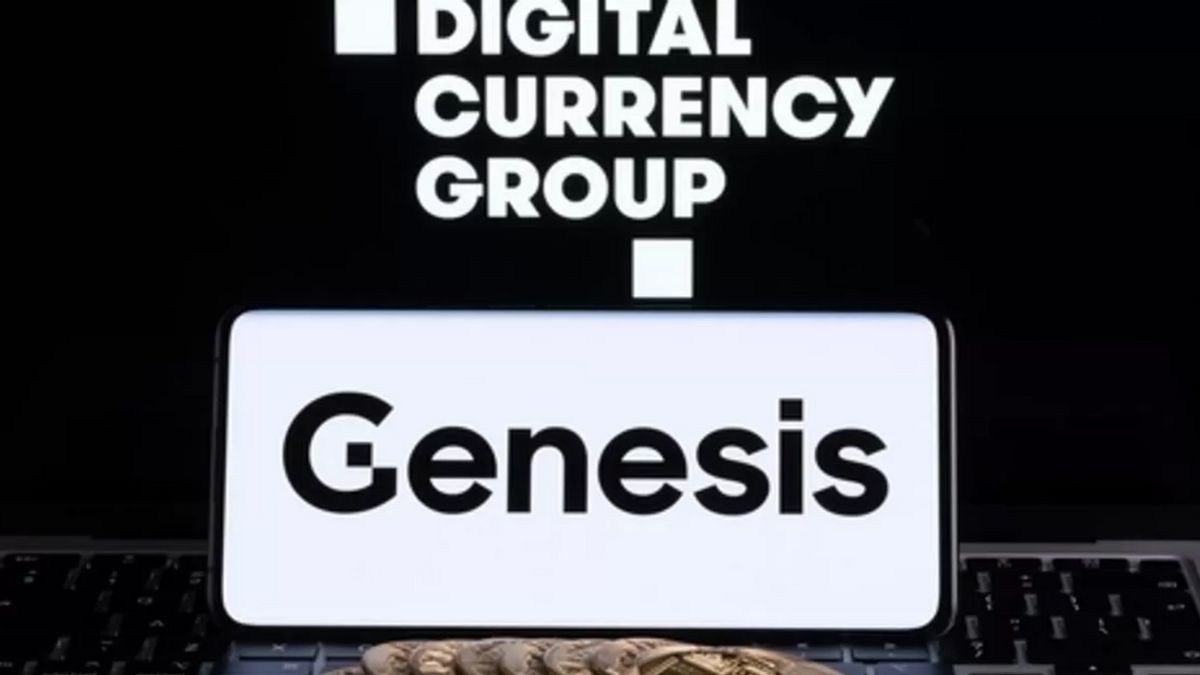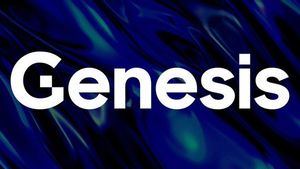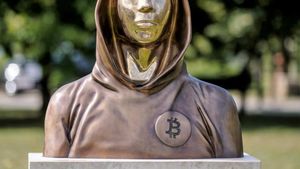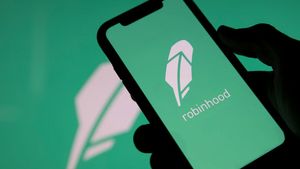JAKARTA - The Digital Currency Group (DCG), the parent company of the Genesis crypto lender, has objected to Genesis's planned bankruptcy filing. DCG claims that the plan is unfair and harms other creditors who are not involved in the negotiation process.
Genesis is one of the world's largest crypto lenders, offering digital asset loan, trading and storage services. Genesis filed for bankruptcy in January 2023, after suffering heavy losses due to the fall of the crypto market.
The crypto market experienced a sharp correction in late 2022, triggered by the failure of the FTX crypto exchange, which caused forced liquidation and a decline in the prices of various digital assets. In addition, the crypto market was also affected by the weakening of the peg of the TerraUSD stablecoin, which is one of the assets used by Genesis for loans.
According to Genesis' financial report, the company has assets of around $1.4 billion and an obligation of around $1.2 billion by the end of 2022. However, the asset value dropped drastically in line with the decline in crypto prices. In January 2023, Genesis assets were only worth about 600 million US dollars, while liabilities increased to around $1.3 billion.
SEE ALSO:
To address the situation, Genesis submitted a bankruptcy plan agreed by most of its key creditors, known as controlling creditors. The plan involves cash payments of USD 300 million to controlling creditors, representing about 23% of their claims. In addition, the plan also provides the controller's option to exchange their claims for digital assets owned by Genesis, with exchange rates based on current market prices.
However, the plan was opposed by DCG, which is the largest Genesis creditor with a claim of $425 million. DCG objections are not without reason, according to them the plan forces Genesis to pay too much to control creditors, and ignores the rights and interests of other creditors who are not involved in the negotiation process.
"DCG will support plans that pay creditors [a hundred percent], and bankruptcy [companies] currently have sufficient assets to do so," DCG said in its filing.
DCG also criticized the digital asset exchange options offered by the plan, saying the option "allows creditors to get cash value from their digital assets on the date of the request. However, it then "allows the same creditors to receive additional payments based on the current value of the digital asset."
DCG considers the option unfair, as crypto prices have been recovering since January 2023. For example, the price of bitcoin, which is the largest asset owned by Genesis, has risen from around US$20,000 (Rp314 million) in January 2023 to around US$42,000 (Rp661 million) in February 2024. Thus, control creditors can benefit from the price increase, while other creditors do not.
DCG asked the court to reject the plan, and proposed a fairer and more balanced alternative plan for all creditors. The alternative plan involves cash payments of USD 300 million to all creditors, regardless of controlling creditors or not. In addition, the alternative plan also provides options for all creditors to exchange their claims for digital assets, with exchange rates based on market prices on the date of the petition.
Even so, the court has yet to decide whether to accept or reject the bankruptcy plan filed by Genesis. The follow-up hearing will be held on February 20, 2024. Meanwhile, Genesis is still operating as a crypto lender, although on a smaller scale and with tighter supervision.
The English, Chinese, Japanese, Arabic, and French versions are automatically generated by the AI. So there may still be inaccuracies in translating, please always see Indonesian as our main language. (system supported by DigitalSiber.id)
















